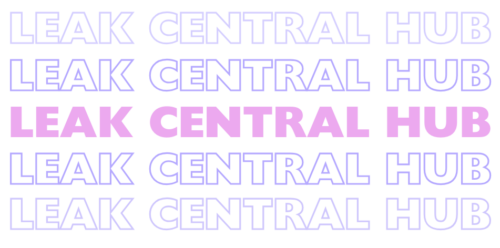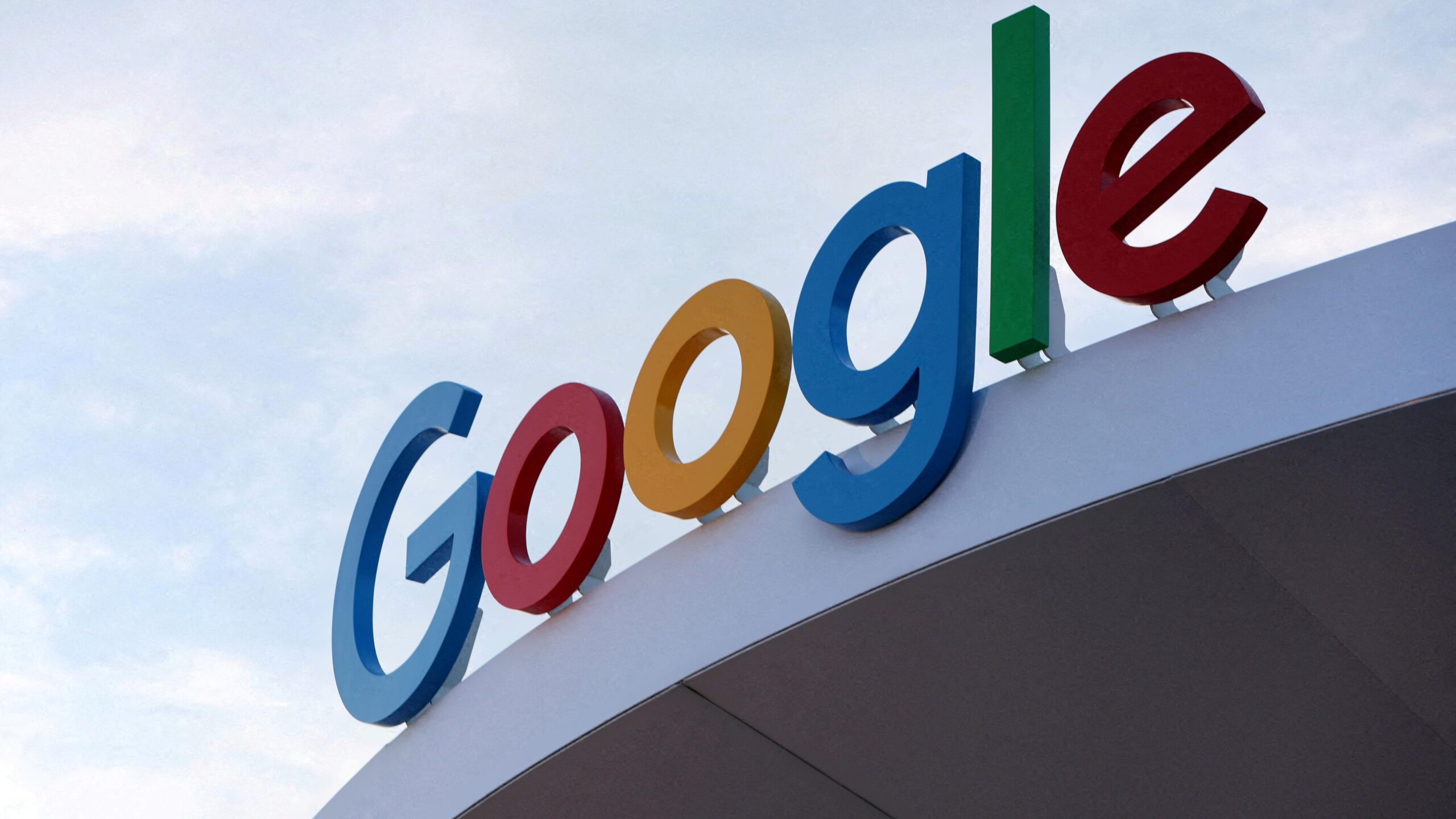The lawsuit filed by around 50 record labels, all members of the RIAA (Recording Industry Association of America), against Altice, the owner of U.S. ISP Optimum, alleges mass copyright infringement. This complaint, lodged in a Texas district court, centers on Altice’s purported failure to address what the plaintiffs label as ‘repeat infringers’ among its customers. This is not the first time Altice has faced such accusations, as a similar lawsuit was filed by music rightsholders including BMG, UMG, and Capitol last December in the same court. This legal action underscores the ongoing battle between content creators and ISPs regarding copyright infringement and the responsibilities of internet service providers to address piracy on their networks.

The lawsuit filed by a group of 49 record labels, including Warner Records, Sony Music, and others, against Altice, the parent company of ISP Optimum, echoes similar allegations made in a previous lawsuit filed by music rightsholders last December. The complaint, filed in a Texas district court, accuses Altice of contributory and vicarious copyright infringement, claiming that the ISP facilitated massive copyright infringement by its subscribers. The labels assert that Altice knowingly allowed thousands of its Texas-based subscribers to directly and repeatedly infringe on their copyrights by sharing musical works on BitTorrent networks. Despite receiving multiple notices of infringing activity, the ISP allegedly failed to suspend or terminate the accounts of these subscribers. The complaint cites specific instances of egregious repeat infringement by certain subscribers, highlighting Altice’s alleged failure to take action despite its own policies against copyright infringement. The plaintiffs argue that Altice’s conduct is contrary to its own policies and the law, and they seek relief for claims that accrued between December 2020 and December 2023. The complaint also states that Altice received thousands of DMCA-compliant copyright infringement notices, but failed to address the infringements effectively. This lawsuit adds to the ongoing legal battle between content creators and ISPs regarding copyright infringement and the responsibilities of internet service providers in addressing piracy on their networks.
Using proprietary technology, OpSec’s system connected with Altice subscribers using P2P software and confirmed, in each instance, (1) that the subscriber was online, (2) that the subscriber was running a file sharing program, (3) that the subscriber told OpSec that it possessed a confirmed infringing file, identified by a unique “hash” value, and (4) that the subscriber in fact began to distribute the confirmed infringing file, identified by unique “hash” value. OpSec also verified the file hashes to confirm that Plaintiffs’ copyrighted works were being distributed. Once OpSec had collected this evidence of infringement, OpSec generated and sent a notice of infringement to Altice.
The complaint asserts that Altice, despite being aware of which subscribers were engaged in repeat infringement, failed to take action to address the massive copyright infringement occurring on its network. While the plaintiffs undertook the responsibility of monitoring Altice’s network for infringement, only Altice had the authority to take action against its subscribers for violating its own policies and terms of service by infringing on the plaintiffs’ copyrighted works.
The labels argue that Altice, by turning a blind eye to the infringement despite having the ability to end it, is liable as a contributory infringer for the direct infringements carried out by its subscribers. Additionally, Altice is accused of being a vicarious infringer, as it derived a direct financial benefit from its customers’ infringement, including through the collection of revenue from subscribers who should have been suspended but were not.
As a remedy, the labels seek statutory damages of up to $150,000 for each infringement or an amount to be determined at trial for both contributory and vicarious copyright infringement. The lawsuit underscores the ongoing battle between content creators and ISPs over the responsibility of ISPs to address piracy on their networks and the consequences of failing to do so.



